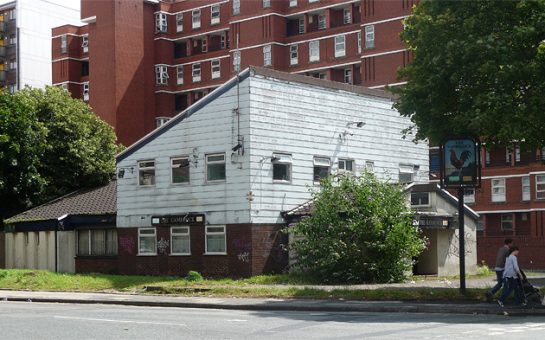The University of Manchester has underscored its status as the world’s leading centre for graphene research, as the first artist’s impression of their new £60million centre has been released.
The Graphene Engineering Innovation Centre (GEIC) – a place for research into and development of the sought after material – will be opened on the North Campus of the university.
It will work alongside the already established National Graphene Institute and Sir Henry Royce Institute for Materials Research and Innovation – both also situated in the university.
Graphene is a form of carbon, which has outstanding commercial properties such as strength and efficient conductivity, the development of which won two UoM professors, Andre Geim and Konstantin Novoselov, the Noble Prize for Physics in 2010.
The GEIC is set to open in 2017, with its focus on preparing the material for the commercial world, whilst it has been designed by world-renowned architect Rafael Viñoly.
Deputy President and Deputy Vice-Chancellor Professor Colin Bailey said: “The University of Manchester leads the world in graphene research and is one of the most significant centres of commercialisation of the material.
“The GEIC will be crucial to take graphene to the market and address issues such as scale-up and infrastructure.
“Alongside the University’s existing world-class facilities in graphene and Advanced Materials, the GEIC is essential to maintain the UK’s international leadership position in this area and ensure effective commercialisation of a UK discovery.”
The GEIC will be led by industry experts, as opposed to the academic-led NGI, whilst the Sir Henry Royce Institute is focussing on 14 different areas of material research, of which graphene is one.
The facility has received funding from numerous sources, including the UK Research Partnership Investment Fund, Innovate UK and an Abu Dhabi based renewable energy company called Masdar.
Development at the university comes in the wake of Manchester being named the European City of Science for 2016, becoming the first UK city to do so.



